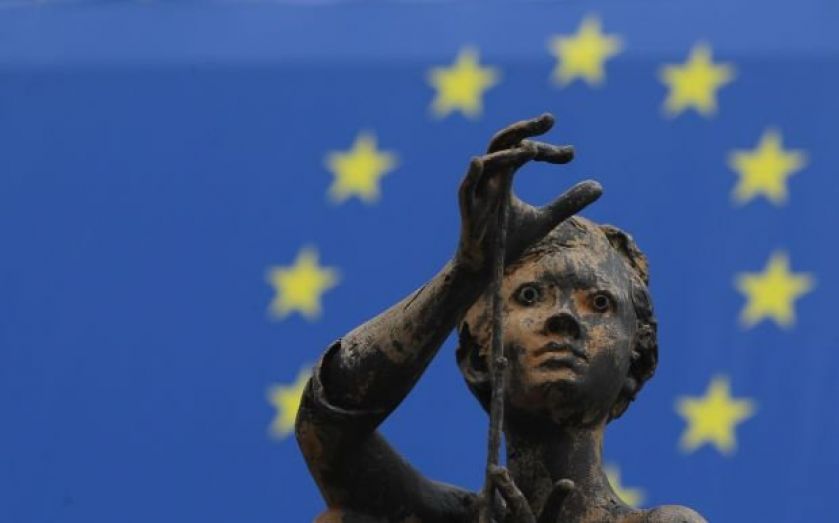Inflation slips to lowest since 2009 for Eurozone

Inflation weakened even further in the Eurozone during July, dropping to just 0.4 per cent, the lowest level since the aftermath of the financial crisis.
The consumer price index (CPI) has been growing increasingly slowly since the middle of 2012, and was last above the European Central Bank (ECB) target level of two per cent in January 2013.
Only the cost of services, which rose 1.3 per cent in the same period, is propping up the index. Food, alcohol and tobacco prices have dropped by 0.3 per cent, and energy prices are down by one per cent.
The first estimate of inflation does not indicate the price growth of each individual country, but Italy and Spain have already reported their figures, at 0.1 per cent and minus 0.3 per cent respectively.
“Although we are not expecting ‘deflation’ in the ECB’s strict definition of the term, the euro area economy does not need to cross the 0 per cent threshold in order to suffer from the pernicious effects of debt-deflation dynamics,” said James Ashley, RBC Capital Markets’ chief European economist.
Jonathan Loynes of Capital Economics added: “This will seriously hamper those countries’ efforts to prevent their public debt-to-GDP ratios from rising still further.”
Bond yields across the Eurozone have been pushing to historical lows in recent weeks. With inflation dropping below zero, Spain’s 10-year bond yields, a common method of measuring the cost of servicing state debt, fell to below 2.5 per cent for the first time ever this week. Germany’s 10-year yield also dropped to just 1.12 per cent.
Figures yesterday also showed that unemployment in the Eurozone was declining – down to 11.5 per cent in June, the lowest in more than a year and a half. The rate has dropped by 0.5 percentage points in a year.
Austria’s unemployment rate is lowest, at five per cent, and Greece’s is highest at 27.3 per cent.